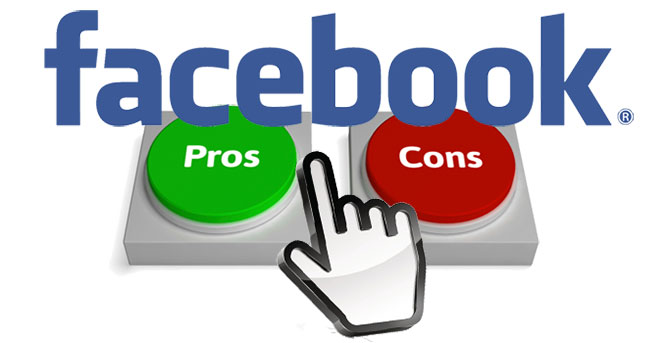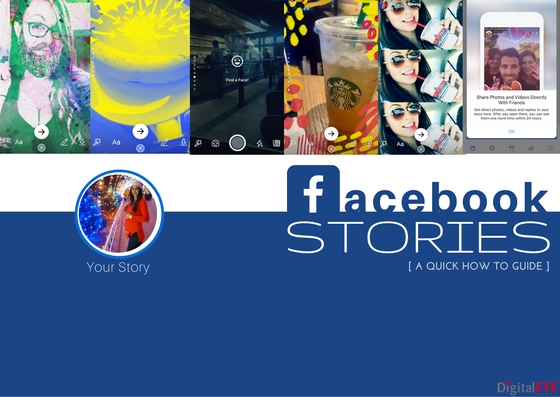Pros and Cons of Facebook’s Click Bait Policy
Facebook is constantly working to employ new algorithms designed to help control the kind of content its users are having to weed through on a daily basis. It might sound a bit controlling on the part of the company, but these algorithms are usually effective at helping users stay focused on what’s truly important to them on an individual basis.
Click Baiting
The latest focus of Facebook’s efforts relates to the constant submission of news stories by publishers that are using “click baiting” techniques to entice readers to read an article. Click baiting is a process where the news provider posts an article with an ambiguous headline designed to peak the reader’s interest. Publishers like to use these tactics to entice lots of people to click in, causing the news item to escalate on trending news lists. After receiving numerous complaints, Facebook decided to implement an algorithm that lets readers determine the importance of the article and whether or not it will be allowed to appear.
The New Algorithm
Based on a users survey, Facebook determined 80% of its users prefer reading articles with titles that specifically address the topic reported on in the body of the article. The goal of this new algorithm is to weed out misleading articles. At issue is Facebook’s fear these useless articles will detract from users going about their normal business of social interaction and reading/sharing meaningful information. This algorithm is being used to determine how much time users spend reading the article and whether or not the article is being shared amongst friends. If a click baiting article doesn’t meet established standards, it will be abolished.
Pros and Cons of Facebook’s Click Bait Policy
It should come as no surprise to anyone that the implementation of a new policy is going to come with pros and cons. Here are a few thoughts about this new policy.
PROS:
1. Discourages Future Publishers From Employing This Tactic – Assuming Facebook users are annoyed by this tactic, the new policy stands to discourage publishers from using these tactics in the future. If they really want an article read, they will be forced to provide honest, descriptive titles and/or useful lead-ins.
2. Helps Users Stay Focused – For users with a limited amount of available time to use their Facebook account on a daily basis, eliminating unwanted content allows them to get through the items they want to address. This helps users keep from wasting time on articles that most likely hold no interest for them.
3. Helps improve the Overall Quality of Each User’s Content – Anytime Facebook has the ability to eliminate clutter from its user’s Facebook pages, the quality of said pages is going to improve. It’s a great PR move because users get annoyed with unwanted content when it ruins their overall experience.
CONS:
1. Claims of Censorship – Some users don’t like the appearance of anything that seems like censorship. By dictating what all users are subjected to, claims of censorship and favoritism are sure to be made by publishers and disgruntled users.
2. The Actions of a Few Affect the Access of Everyone – Depending on the algorithm’s standards, the reading habits of the minority have the ability to affect what other users get to see. This doesn’t sit well with some Facebook users.
Facebook has a positive track record for addressing these kinds of issues. For the users, they end up with better quality content on their pages, which keeps them happy. For the publishers that use deceptive tactics, Facebook is making it clear they intend to control the integrity of the information submitted through its website.










